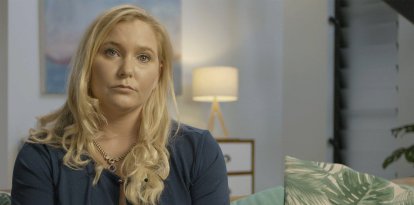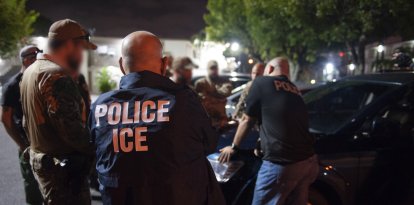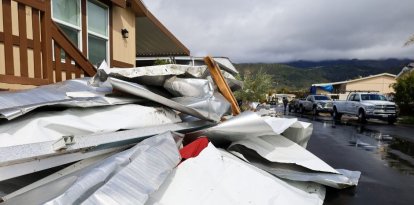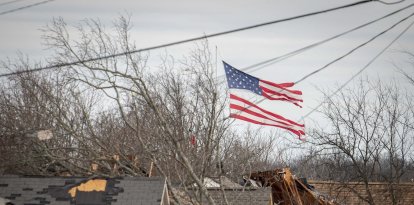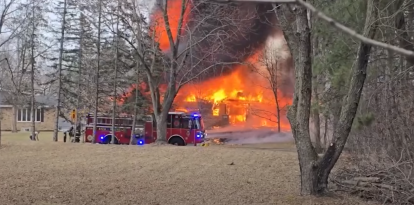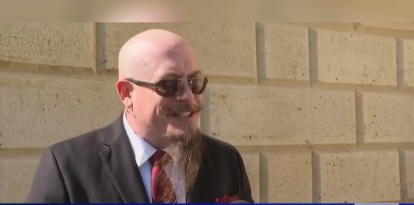Pittsburgh Police reduce the number of active officers in the early morning
Among the new measures: robbery and harassment calls will be redirected to a new "telephone reporting unit." Also, only 25 to 63 officers will work the 3-to-7-a.m. shift.
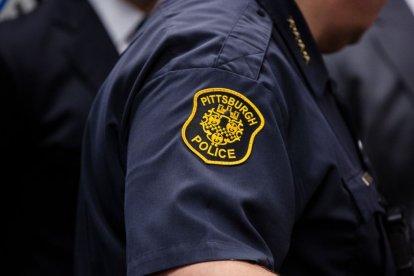
Policía de Pittsburgh (Governor Tom Wolf / Flickr)
The Pittsburgh Police Department is struggling with a major officer shortage, having only 740 active officers. The situation has worsened to the point where "in-progress emergency" calls have stopped being responded to and the presence of active officers on duty between the hours of 3 a.m. and 7 a.m. has been limited and even eliminated in some cases.
Pittsburgh Police Chief Larry Scirotto said he will reduce the number of officers working in some early morning hours to a range of 25 to 63 officers because the morning shift is when there are fewest emergency calls:
On the other hand, emergency calls such as theft, harassment, criminal conduct and burglar alarms will be answered and handled by the "telephone reporting unit," a newly created group to handle these calls that will not require an in-person response:
Pittsburgh Police Bureau has just 740 officers
Scirotto stated that in the case of emergency calls for an active burglar alarm, it will require a second confirmation before an officer responds. According to their data, in one year of 9,500 theft calls, the majority of them were false alarms, costing the department 4,000 staff hours.
On the other hand, officers will shift to 10-hour work shifts four days a week, with three consecutive days off, and will be given one-hour daily breaks to focus on their mental health.
RECOMMENDATION

